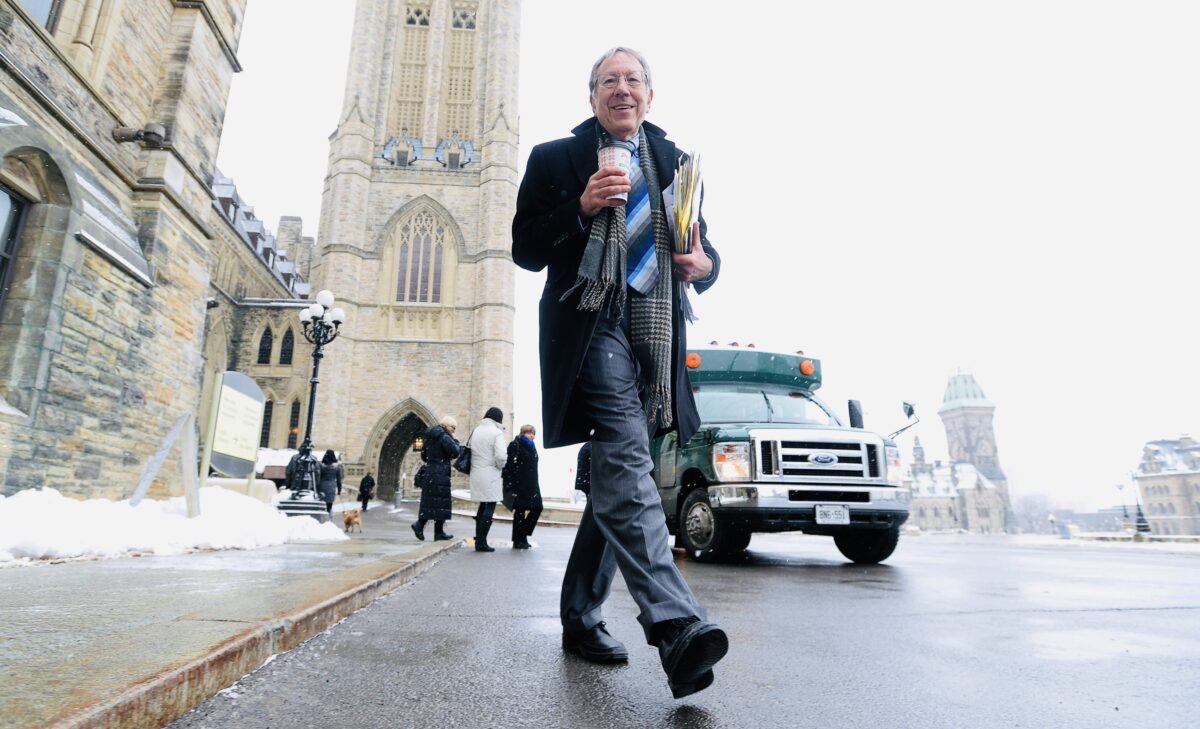Canadian human rights champion Irwin Cotler believes that one man can make a difference. As an example, he cites Raoul Wallenberg, the Swedish diplomat/humanitarian who saved the lives of approximately 100,000 Hungarian Jews during the Nazi occupation of Hungary.
Cotler — a former McGill University law professor, a onetime federal justice minister, and the Canadian government’s special envoy for preserving Holocaust memory and combating antisemitism — clearly acts in this spirit when he embarks on a human rights campaign.
Cotler’s advocacy on behalf of political prisoners in autocratic countries has earned him an international reputation in an era of global authoritarianism, massive assaults on human rights, and the retreat of democracy.
In an informative documentary, First To Stand: The Cases And Causes of Irwin Cotler, which will be broadcast on TVO on February 28 at 9 p.m., Irene Lilienheim Angelico and Abby Jack Neidik list Cotler’s contributions in the field. The movie is set in Montreal, Toronto, Ottawa, London, Washington and Tel Aviv as Cotler and his assistant, Brandon Silver, make their rounds.
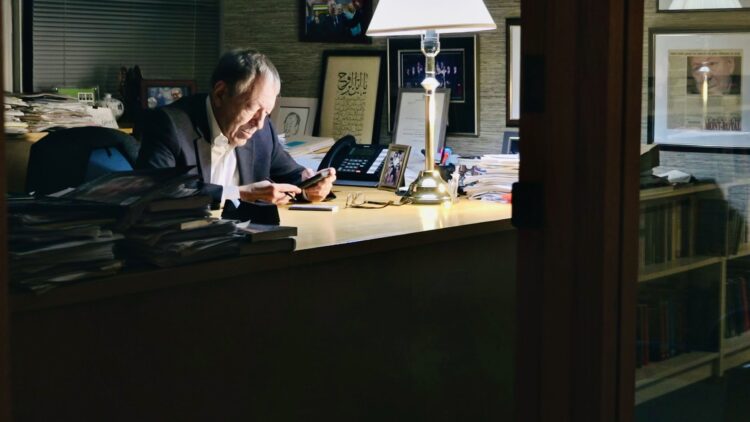
Working out of the Raoul Wallenberg Centre in Montreal, his hometown, Cotler emerges as a dedicated and indefatigable fighter who takes the Universal Declaration of Human Rights to heart and seeks to improve the human condition.
The cases Angelico and Neidik focus on deal with Saudi Arabia, Russia and Iran.
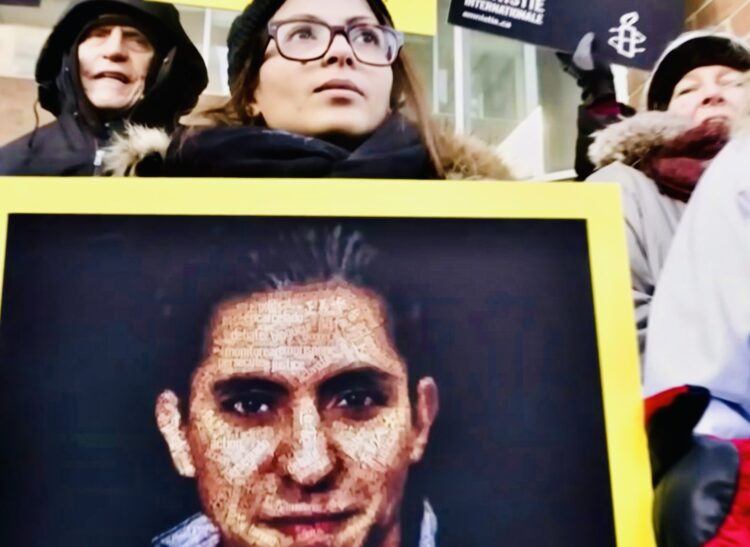
Raif Badawi, a Saudi blogger, was given a ten-year prison term and a punishment of one thousand lashes in 2014 for advocating freedom of speech. Since then, his wife, Ensaf, has been trying to win his release. As the film unfolds, Cotler asks Canadian Prime Minister Justin Trudeau for assistance. Nearly a year ago, Badawai was released from jail, but the Saudi regime imposed a ten-year travel ban on him.
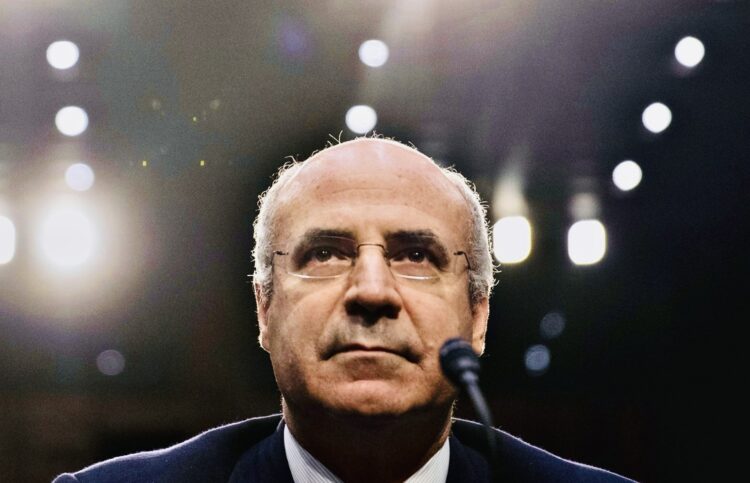
Bill Browder, an American investment banker and political activist whose grandfather was a secretary-general of the U.S. Communist Party, incurred the wrath of Russian President Vladimir Putin when he criticized his authoritarian style of governance. Putin retaliated, ordering the police to raid his office in Moscow.
Browder hired a young lawyer, Sergei Magnitsky, to defend him. After Magnitsky was arrested and beaten to death, Browder successfully lobbied the U.S. Congress to pass the Magnitsky Act, which subjects Russia to economic sanctions. Versions of this legislation have been passed by, among other nations, Canada. Cotler has participated in this process.
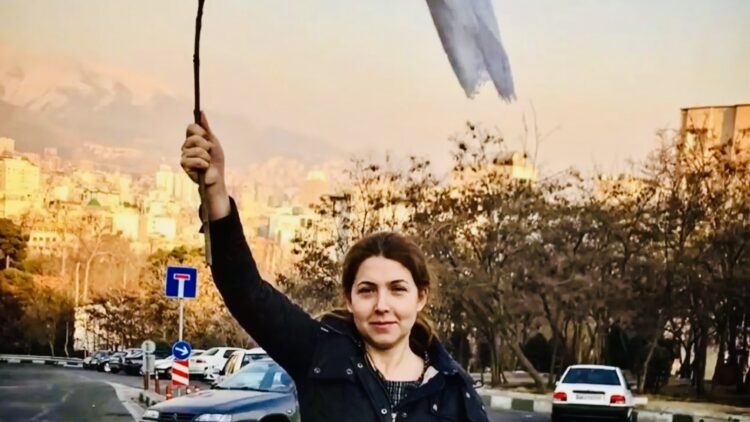
Shaparak Shajarizadeh, an Iranian dissident who lives in exile, angered the Islamic government in Iran by insisting that women should not be compelled to wear a hijab. “Without a hijab, the authorities think you’re a whore or are crazy,” she says.
Masih Alinejad, an Iranian journalist who also lives abroad, supports Shajarizadeh, who was the object of a failed Iranian kidnapping plot.
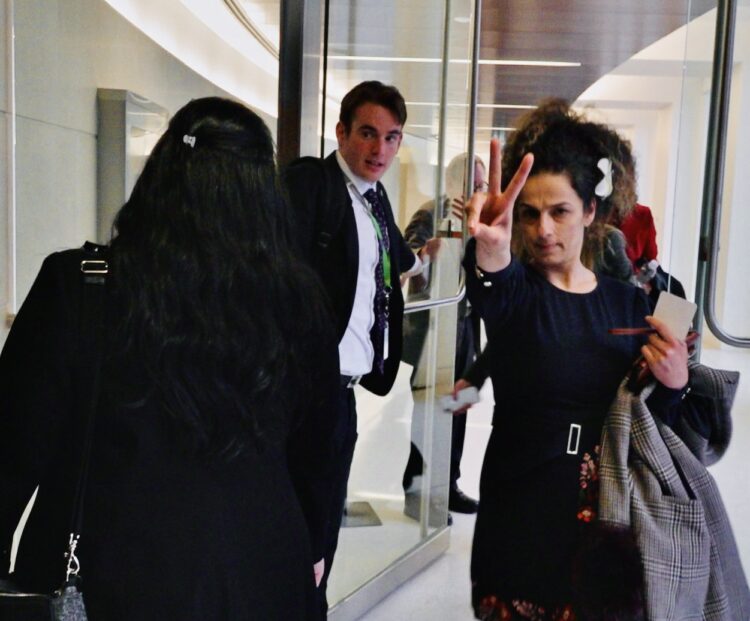
“The assault on human rights in Iran has been relentless,” says Cotler, who is in touch with both women.
Natan Sharansky, as a Refusenik, sought an exit visa to Israel and criticized the state of human rights in the now-defunct Soviet Union. For this he was sentenced to 13 years imprisonment in 1977. Cotler became involved in his plight in 1979, and was instrumental in his release in 1986. Sharansky settled in Israel and carved out a notable career in politics.
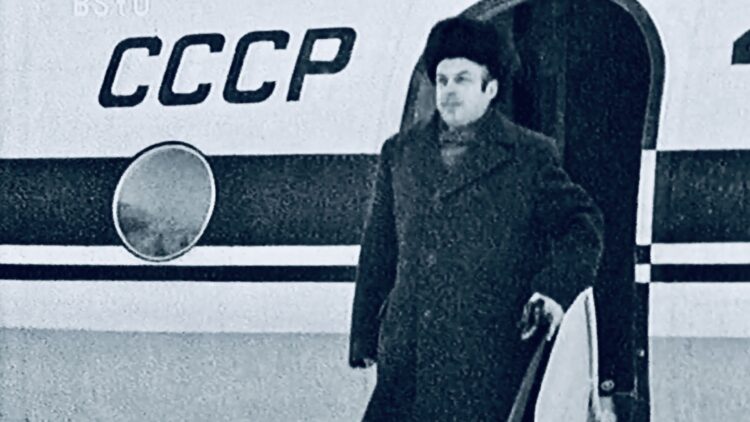
Years later, former Soviet leader Mikhail Gorbachev told Cotler he released Sharansky because his incarceration ran counter to the national interests of the Soviet Union, which crumbled in 1991.
Turning to other topics, Cotler mentions the genocide in Rwanda, when 10,000 Tutsis were murdered every day for three months. He also decries the hypocrisy that major human rights violators are and have been members of the United Nation’s Human Rights Council. He calls this anomaly an “Orwellian situation.”
As the film ends, Cotler delivers the inaugural Nelson Mandela Lectureship in Human Rights at the University of Toronto. Cotler played a role in his release from a prison in apartheid South Africa, but no details are offered.
Cotler appears to have stayed clear of Israel’s human rights violations in the West Bank. Oddly enough, First To Stand fails to mention this glaring omission.
